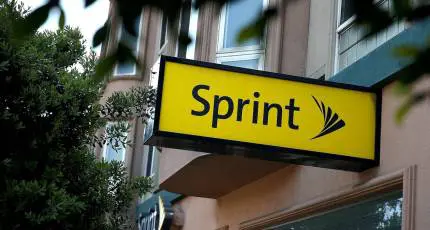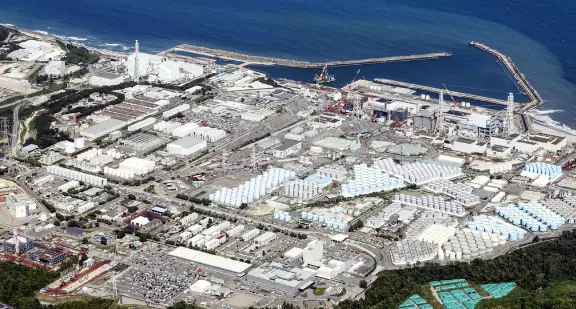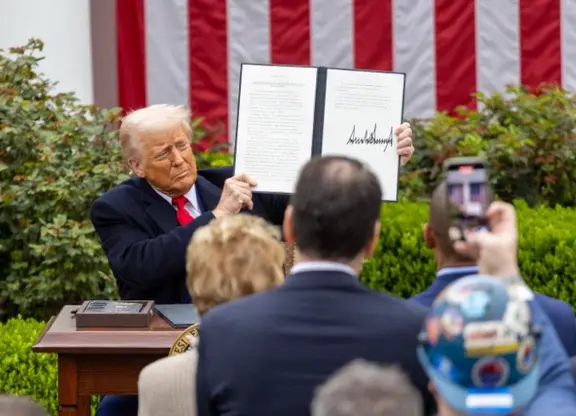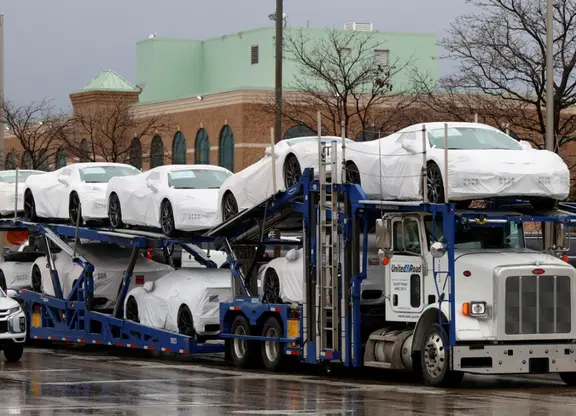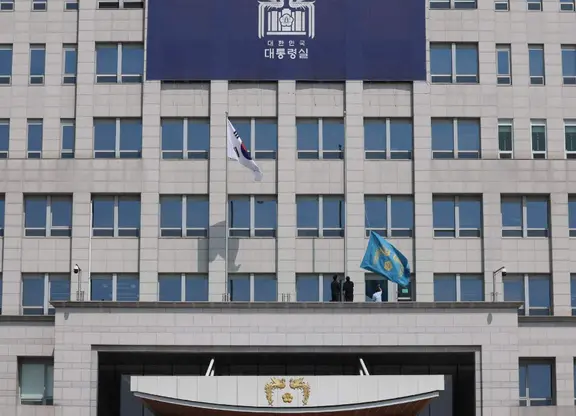A day after formally completing the sale of Boost, Virgin and other Sprint prepaid networks
to Dish
, T-Mobile is pulling the plug
on Sprint 5G. The move is one in a long list of issues that need sorting out in the wake of April’s $26.5 billion merger. And like a number of other moves, it’s set to leave some customers in the lurch.
The end of Sprint’s 2.5 GHz 5G comes as T-Mobile opts to focus on its own network. T-Mobile already started the process in New York City, a few weeks after the merger and has since completed it in a handful of other cities, including Atlanta, Chicago, Dallas-Fort Worth, Houston, Kansas City, Los Angeles, Phoenix and Washington, D.C.
As
CNET notes
, while most existing Sprint 5G customers won’t be able to make the transition with their existing device, Samsung Galaxy S20 5G users are in the clear here. For everyone else, T-Mobile is offering up credits on leases for new 5G handsets.
T-Mobile officially completes merger with Sprint, CEO John Legere steps down ahead of schedule
T-Mobile told TechCrunch in a statement, “We are working to quickly re-deploy, optimize and test the 2.5GHz spectrum before lighting it up on the T-Mobile network.”
Along with the sale of Boost, 5G was a big selling point for T-Mobile’s Sprint acquisition. The carriers argued that the deal was necessary to keep them competitive with first and second place carriers ATT and Verizon when it came to the next-generation wireless technology.
At the time FCC chairman Ajit Pai agreed stating, “This transaction will provide New T-Mobile with the scale and spectrum resources necessary to deploy a robust 5G network across the United States.”
Earlier this week,
OpenSignal awarded T-Mobile
the top spot in availability, noting, “In the U.S., T-Mobile won the 5G Availability award by a large margin with Sprint and ATT trailing with scores of 14.1% and 10.3%, respectively.”
 简体中文
简体中文

